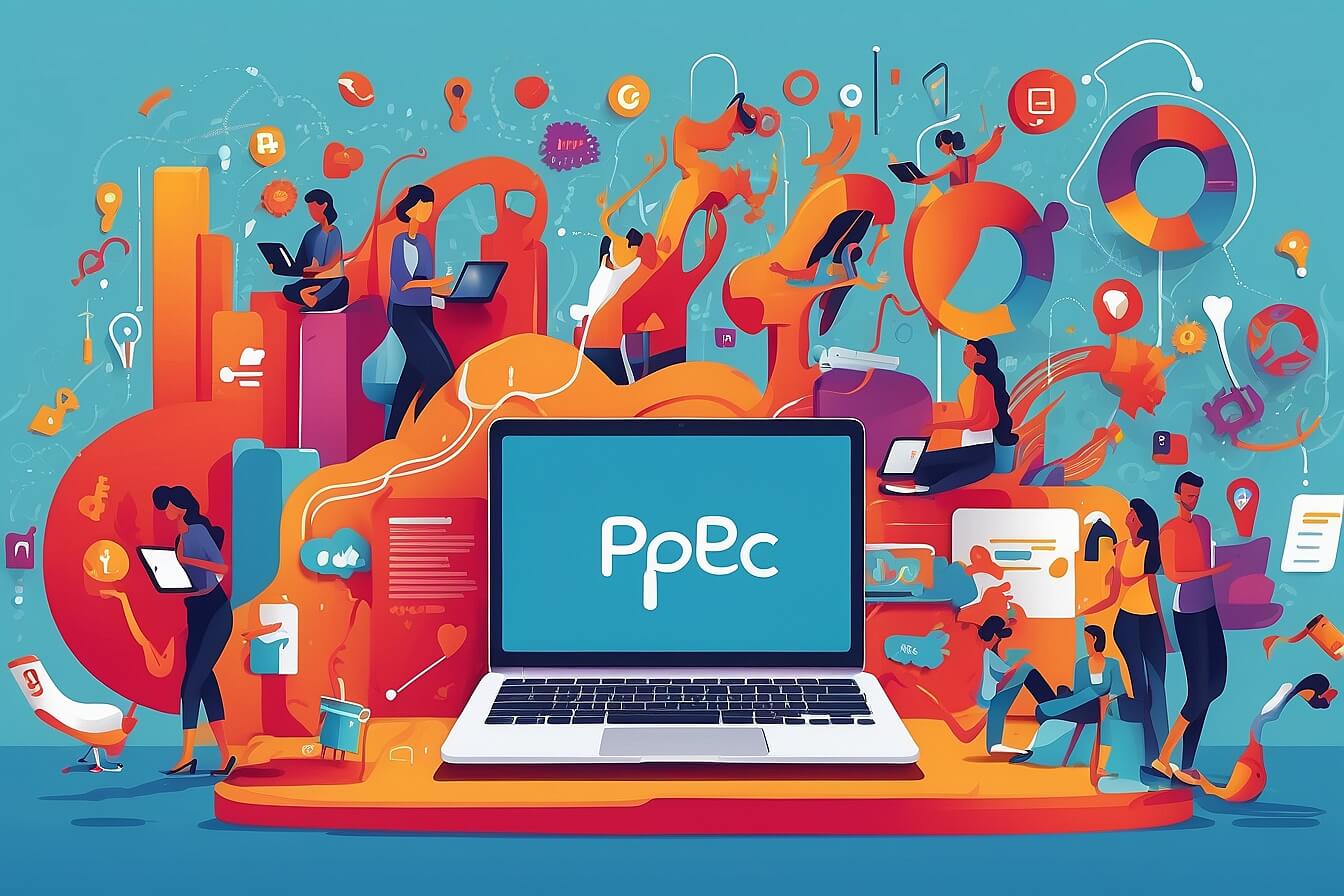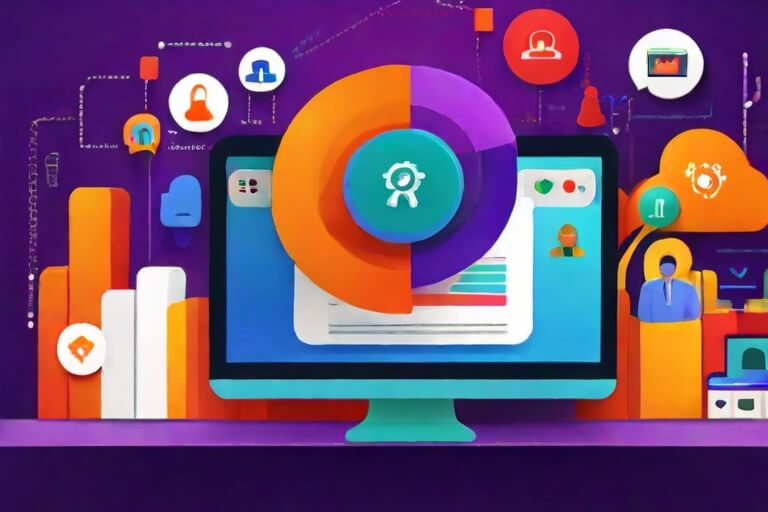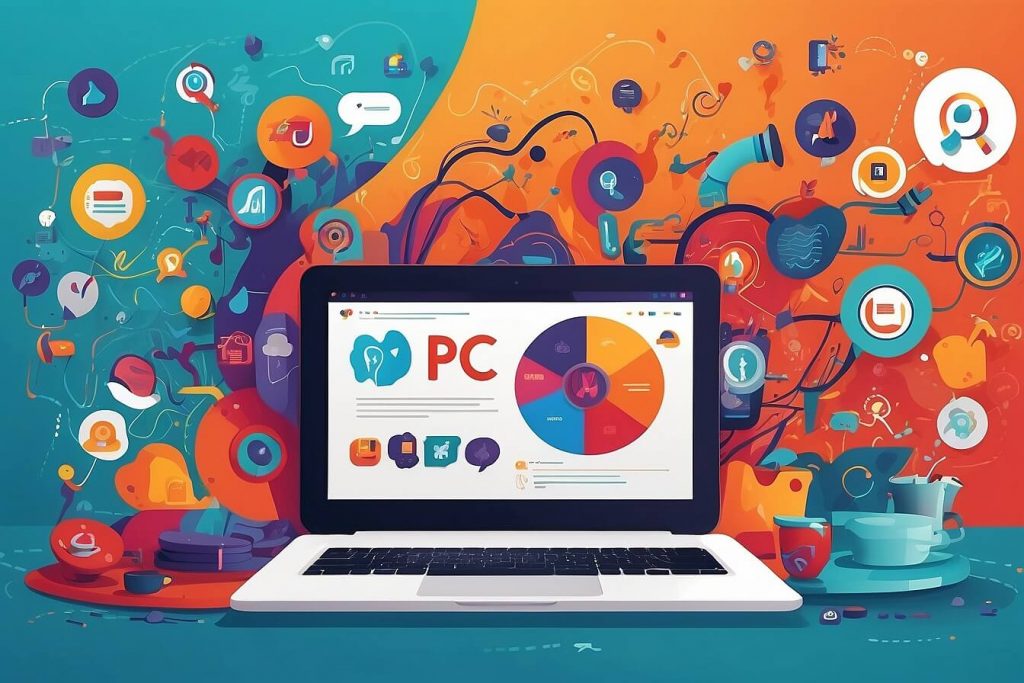Understanding the Importance of Reaching the Right Audience in Advertising
To maximize the effectiveness of any advertising campaign, one must understand the significance of reaching the right audience. Reaching the right audience is not a mere suggestion; it is a necessity in today’s competitive landscape. Advertising to the wrong target group can not only waste valuable financial resources but also result in missed opportunities for capturing potential customers. Therefore, implementing strategies that enable advertisers to identify and connect with their ideal audience is crucial for success. Firstly, identifying the target audience requires extensive market research and analysis. Advertisers must gather information about their potential customers’ demographics, preferences, behaviors, and buying patterns. This step allows them to create advertising content and messaging that resonates with the target audience, evoking interest and inciting action. Additionally, understanding the audience helps advertisers adapt their communication channels and platforms to reach their target group effectively. Moreover, reaching the right audience allows advertisers to optimize their return on investment (ROI). By focusing their efforts on a specific target group, advertisers can allocate their budget and resources more efficiently. Instead of casting a wide net and hoping for the best, they can tailor their campaigns to the particular needs and preferences of their target audience, thus increasing the likelihood of conversions and sales. This targeted approach enables advertisers to achieve higher ROI and prevent wasted ad spend on individuals who are unlikely to be interested in their products or services. By narrowing their focus and concentrating on the right audience, advertisers can save both time and money while maximizing the impact of their advertising efforts.How AI-Driven Campaign Targeting Maximizes ROI for Businesses
In today’s competitive marketplace, businesses are constantly looking for ways to maximize their return on investment (ROI) in advertising campaigns. One powerful tool that has emerged in recent years is AI-driven campaign targeting. By harnessing the power of artificial intelligence, businesses can significantly enhance their ability to reach the right audience, resulting in improved ROI and a higher likelihood of conversion. One of the key ways in which AI-driven campaign targeting maximizes ROI for businesses is through improved audience segmentation. Traditionally, advertisers would rely on general demographic information to target their campaigns. However, AI takes this a step further by analyzing vast amounts of data to identify patterns, preferences, and behaviors of potential customers. By understanding these nuances, businesses can create highly personalized campaigns that resonate with their audience on a deeper level, leading to increased engagement and higher conversion rates. Furthermore, AI enables businesses to optimize their ad spends by identifying the most effective channels and platforms for reaching their target audience. By analyzing historical data and real-time metrics, AI algorithms can determine which channels yield the best results and allocate budgets accordingly. This not only saves businesses from wasting resources on ineffective campaigns but also ensures that they are making the most of their advertising budget, resulting in a higher ROI. To implement AI-driven campaign targeting effectively, businesses need to invest in the right technologies and tools. It is crucial to select a platform that offers advanced analytics capabilities and integrates seamlessly with existing systems. Additionally, businesses should prioritize data quality and ensure that they have access to reliable and relevant data. By having a solid foundation of accurate data, AI algorithms can make more informed decisions and deliver better results. Moreover, businesses should regularly monitor and optimize their AI-driven campaigns. AI is not a one-time fix; it requires continuous monitoring and tweaking to ensure optimal performance. By analyzing key performance indicators and metrics, businesses can identify areas for improvement and make data-driven adjustments. This iterative process allows for constant refinement, leading to improved targeting, increased ROI, and ultimately, business success. Overall, AI-driven campaign targeting provides businesses with a powerful tool to maximize their ROI in advertising campaigns. Through enhanced audience segmentation and optimized ad spends, AI algorithms can deliver highly personalized campaigns while making the most of limited resources. By investing in the right technologies, monitoring campaign performance, and optimizing strategies, businesses can harness the full potential of AI and drive their ROI to new heights.Exploring the Benefits of Enhanced Campaign Targeting Using AI Technology
Enhanced campaign targeting using AI technology offers numerous benefits for businesses in the advertising industry. From increased efficiency to improved customer engagement, AI-driven campaign targeting can revolutionize the way brands reach their target audience. Firstly, AI technology allows marketers to gain deeper insights into consumer behavior and preferences. By analyzing vast amounts of data, AI algorithms can identify patterns and trends that humans might miss. These insights enable businesses to create more personalized and targeted campaigns, ensuring that their advertising messages resonate with the right audience. Additionally, AI-powered tools can automate the process of audience segmentation, saving marketers valuable time and resources. Furthermore, AI technology enhances campaign optimization by continuously learning and adapting to changing consumer trends. Algorithms can quickly identify which ad formats and messaging strategies are most effective, allowing marketers to make real-time adjustments to their campaigns. This dynamic approach maximizes return on investment (ROI) and ensures that marketing efforts are focused on the most promising opportunities. Ultimately, AI-driven campaign targeting provides businesses with a competitive edge, allowing them to deliver more relevant and impactful advertising experiences to their audience.Key Factors to Consider When Implementing AI in Campaign Targeting Strategies
When it comes to implementing AI in campaign targeting strategies, it is crucial to consider various key factors to ensure its successful integration and utilization. The power of AI technology in enhancing audience segmentation and targeting cannot be underestimated. However, businesses must carefully navigate the complexities and challenges associated with AI deployment to maximize its benefits and achieve optimal results. In this section, we will explore the key factors that organizations should consider when implementing AI in their campaign targeting strategies.- Define your campaign objectives clearly: Before incorporating AI into your campaign targeting strategies, it is essential to define your objectives clearly. What are you trying to achieve with your campaign? Are you looking to increase brand visibility, drive website traffic, or boost conversions? Understanding your goals will help you determine the specific AI tools and techniques required to effectively target your audience.
- Identify the right AI tools and platforms: The market is flooded with numerous AI tools and platforms that claim to revolutionize campaign targeting. However, not all of them will be suitable for your specific needs. Take the time to research and identify the AI tools and platforms that align with your campaign objectives and target audience. Look for tools with advanced machine learning capabilities, data analytics features, and real-time insights. Ensure that the tools and platforms you choose are user-friendly, scalable, and integrate seamlessly with your existing marketing ecosystem.
- Gather and analyze your data: Data forms the foundation of any successful AI-driven campaign targeting strategy. Ensure that you have access to high-quality, relevant data that accurately represents your target audience. Analyze this data to identify patterns, trends, and insights that can guide your campaign targeting efforts. Consider leveraging AI-powered data analytics platforms to streamline the process and gain comprehensive audience intelligence.
- Monitor and evaluate performance continuously: Implementing AI in campaign targeting strategies is not a one-time affair. Continuous monitoring and evaluation of campaign performance are critical to ensure ongoing success. Set up key performance indicators (KPIs) aligned with your campaign objectives and regularly track them. Analyze the data obtained from your campaigns to assess their impact and make necessary adjustments. By regularly reviewing and optimizing your campaign targeting strategies, you can maximize ROI and stay ahead of your competition.




